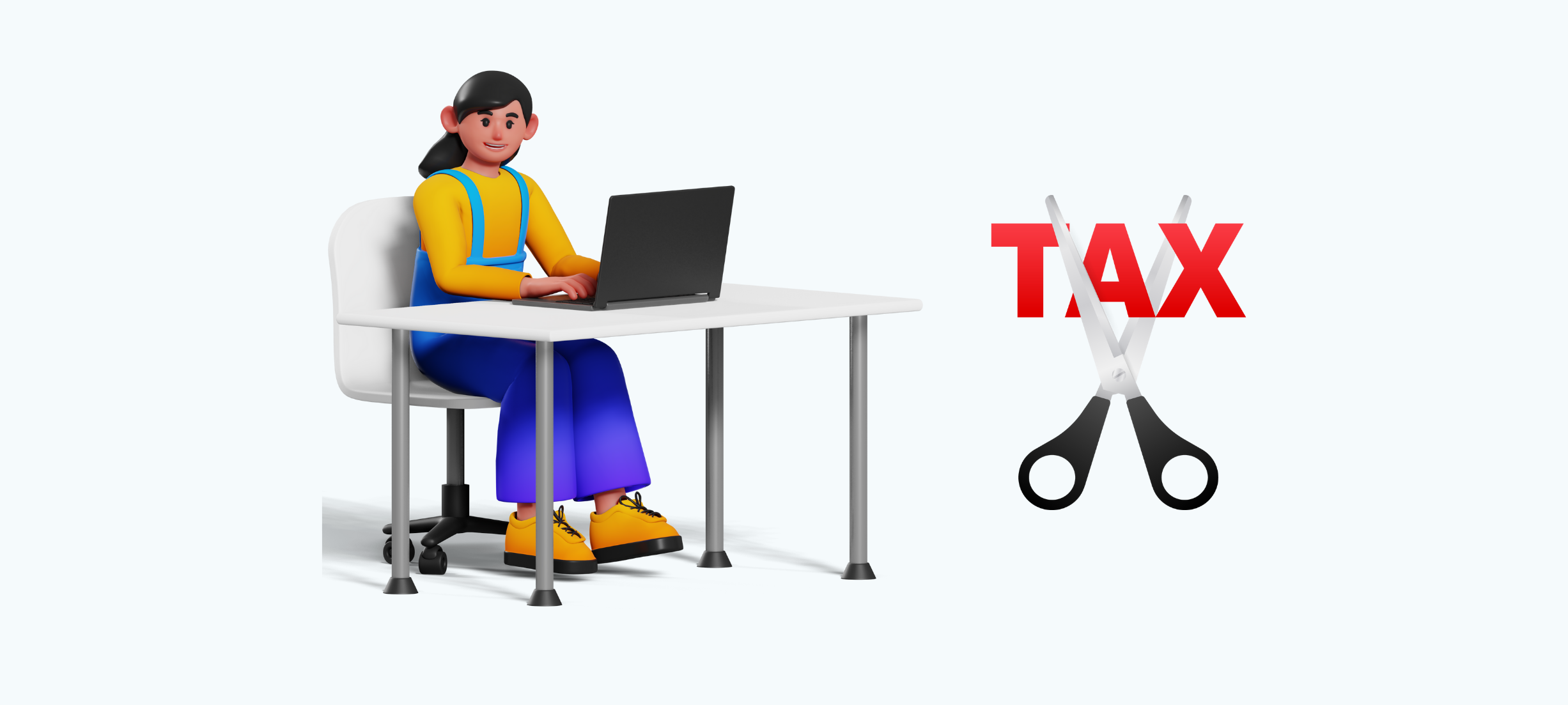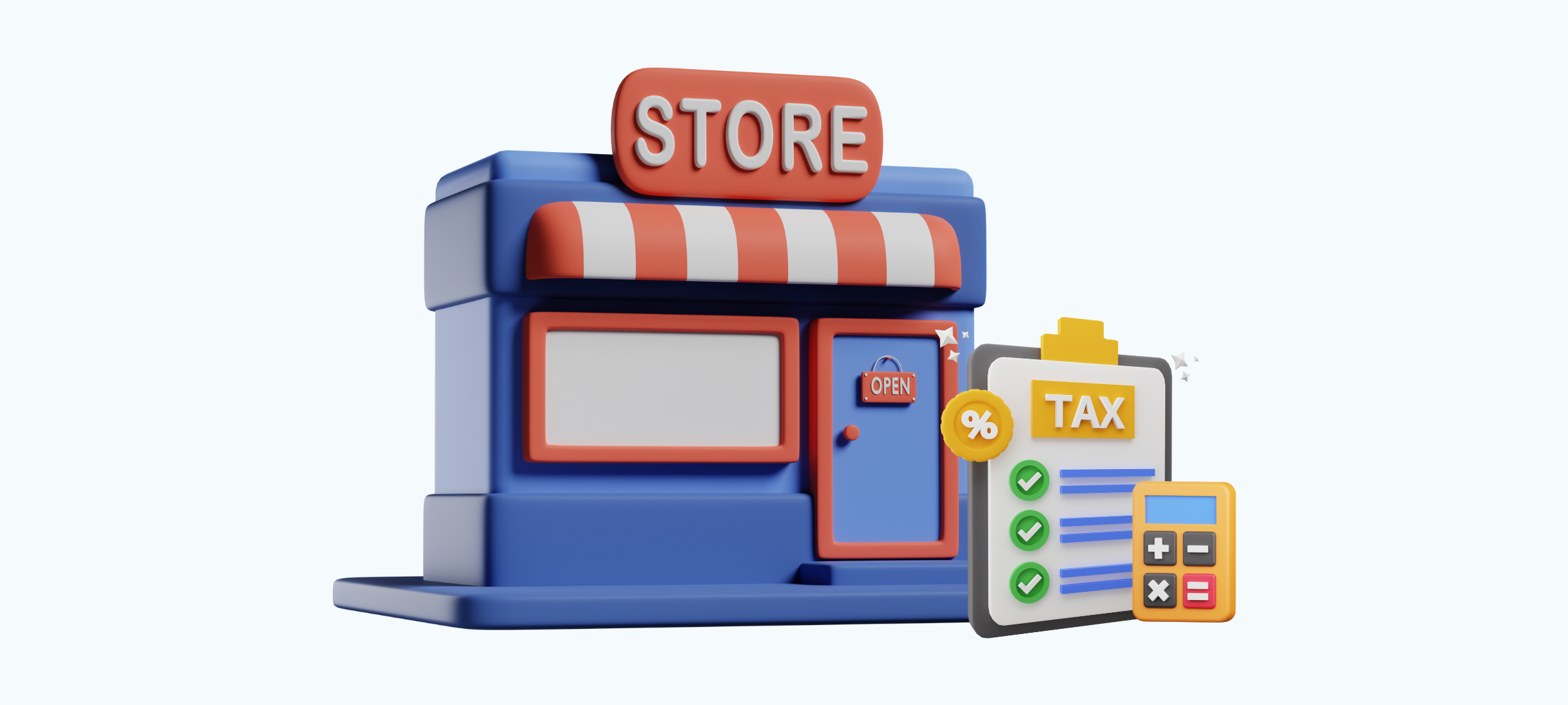
Running an Amazon FBA business can be exciting, but keeping track of your money is important too! Knowing your income helps you buy the right amount of stock, make smart choices based on real numbers, and boost your profits. This blog will show you how to easily track your Amazon FBA income and expenses, so you can see what's coming in and going out and find ways to save money.
Imagine running your Amazon business without a compass. You might have a general sense of direction, but crucial details like inventory levels, true profit margins, and Amazon fees remain hazy. This is where bookkeeping steps in, acting as your financial GPS for success on the Amazon marketplace.
Here's why bookkeeping is an absolute must-have for any serious Amazon seller:

When it comes to keeping track of your money in your Amazon FBA business, you have two main options: cash basis and accrual accounting. Let's break down what each one means and how it affects your business.
Cash basis accounting is straightforward. You record your income when you get the cash and your expenses when you pay them. It's easy to understand and use. However, if you're selling products through Amazon FBA, this method might not show the whole picture.
Problems with profit: Because Amazon pays you every two weeks, your profits might look big during payout times but smaller when you're buying new stock. This can make it hard to see how well your business is really doing.
Ignoring inventory: Cash basis accounting doesn't count the products you've bought but haven't sold yet. This can mess up your calculations of how much it costs you to make your products, which affects how much money you're really making.
Accrual accounting gives you a better idea of where your business stands financially. It records your income when you make a sale and your expenses when you owe money for something. This method has some benefits for Amazon FBA sellers:
Better profit tracking: Accrual accounting matches your income and expenses to the time when they happen, not just when you get or pay the cash. This helps you see how well your business is doing more accurately.
Managing inventory: It allows you to track the products you haven't sold yet, giving you a clearer picture of your available stock and its value. This helps you make informed decisions about purchasing, pricing, and restocking, ensuring that you maintain optimal inventory levels to meet customer demand while minimizing storage costs and stockouts.
While bookkeeping software offers a powerful solution, some sellers might prefer a full-service approach. Consider outsourcing your bookkeeping to a company specializing in FBA businesses, like BookkeeperLive.
Ever feel overwhelmed by your finances? Bookkeeping can be your superhero! It helps you track and organize your money neatly. Let's talk about the chart of accounts.
Picture a filing cabinet for your money: neat, organized, and easy to find. That's what the chart of accounts does for your business.

While most charts have main categories like assets, liabilities, equity, revenue, and expenses, the real magic happens when you customize them.
Tailored for you: Your chart of accounts should fit your business perfectly. For example, if you're an online seller, you'll need a category for shipping costs.
Ready for growth: Make sure your chart can grow with your business. Leave space for new categories as your business grows and changes.
By organizing your chart of accounts well, you'll understand your business's finances better. This helps you make smart decisions, find ways to improve, and set your business up for success. And if you need help, a professional accountant can guide you in creating the perfect chart of accounts for your business.
Running a successful Amazon FBA business involves doing lots of different tasks. One of the important but time-consuming things is keeping track of your money, called bookkeeping. Luckily, using FBA integration can help make this process faster and easier, so you can spend more time growing your business.
Normally, bookkeeping means typing in information from different places like:
FBA integration makes it so your accounting software talks directly to your Amazon Seller Central account. Here's how it helps with bookkeeping:
Using FBA integration and bookkeeping software can save you a lot of time and make running your Amazon FBA business smoother and easier.

Taxes can be complex, so consider consulting a tax advisor specializing in e-commerce for personalized guidance.
1. What accounting software should I use for my FBA business?
Popular options include QuickBooks (comprehensive, established), Xero (user-friendly, cloud-based), and FreshBooks (affordable, good for smaller businesses).
2. How do I handle sales tax for my FBA business?
Sales tax rules vary by location. Determine if you need to collect and remit sales tax, and configure your accounting software accordingly.
3. How often should I reconcile my bank statements?
Aim for monthly reconciliation to ensure everything matches and identify errors.
4. What are some best practices for FBA bookkeeping?
Categorize transactions accurately, automate where possible, and regularly back up your data.
BookkeeperLive provides affordable bookkeeping and accounting services tailored to your business goals.





No calls, No meetings, No spam. Get started with a free trial by filling out the form.
*NDA included for your data protection.
Copyright © 2025 BookkeeperLive. All rights reserved. Privacy Policy Terms of Use
Please visit our India site to see services designed for your country
Enter the code, fill out the form, and unlock financial clarity with a free trial.